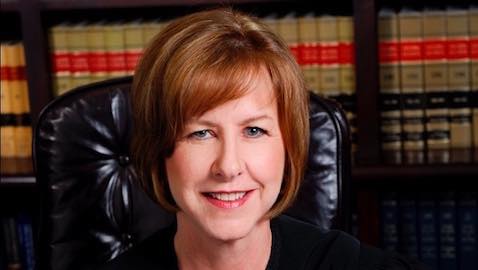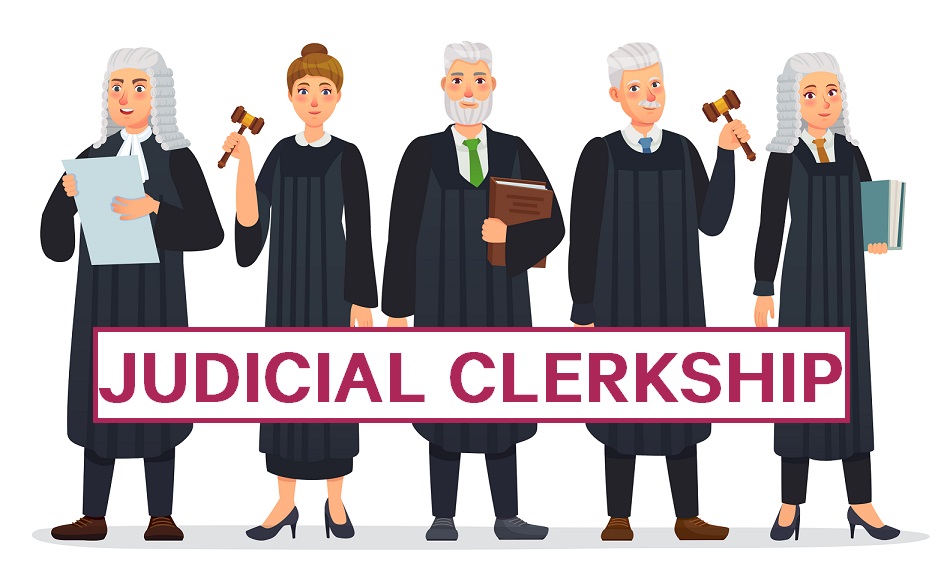Summary: For now, the ban on students’ receiving academic credit for paid internships will remain in place.
According to the American Bar Association Journal, the ABA’s Section of Legal Education and Admissions to the Bar has, for the second time in roughly one year, rejected a proposal that would remove the ban in law school accreditation standards on students receiving academic credit for participating in paid externships.
The council met on Friday in Chicago. The council said that it would reconsider the proposal as bar of a larger effort to improve the standard that controls field placements and other learning outside of the classroom, and it directed the Standards Review Committee to begin such revisions.
Hybrid classes are transforming the traditional law school curriculum.
The committee makes recommendations to the council about changes in accreditation standards. The committee proposed removing the ban last year after a comprehensive review of the standards.
However, the council voted to keep the ban in place, and the ABA House of Delegates, which must sign off on changes in the standards, sent it back to the council for reconsideration.
According to the latest proposal, law schools may decide whether students should receive academic credit for paid externships. However, the school must demonstrate that it exercised significant control over the experience to confirm that requirements of the standard were met.
The Law Student Division fought for the change, arguing that the current rule is a financial burden on students. Those in opposition to removing the ban responded that it would undermine the academic reasons for placement.
The Society of American Law Teachers and the Clinical Legal Education Association encouraged the council to reject the proposal. They also asked the council, if it leaned toward removing the ban, to delay a move until the entire standard was reviewed to govern externships more effectively.
Several council members appeared in favor of the proposal. Chair-elect Rebecca White Berch, a Supreme Court justice for the state of Arizona, said that schools should run their externship programs “as they see fit.”
Jane Aiken, a professor and associate dean for clinical programs, public interest and community service at Georgetown University Law Center, cited what she said was the Clinical Legal Education Association’s analysis of what the current standard fails to address, and noted that opposition to the proposal was essentially universal among clinical and externship instructors.
Some law schools are offering business training.
At the meeting on Friday, the council also voted to repeal a rule that allows many schools to admit up to 10 percent of their entering classes with students who have not taken the LSAT. The rule is effective with the entering class of 2017, but it cannot take effect until it is submitted to the House of Delegates.
In addition, the council reaffirmed its March decision to move the reporting of law school funded positions “above the line” as a different category in the ABA Standard 509-mandated employment summary report. Schools must provide additional information about the positions “below the line” on employment summary reports.
The ABA discussed similar changes last year.
A new definition of “long-term employment” was also approved. The term will now encompass positions that the employer expects to last one year or longer and that will pay at least $40,000 per year. According to Bloomberg, most school-funded positions pay between $12,000 and $29,000 per year.
Finally, a recommendation was approved to exclude jobs that are open to qualified graduates of all ABA-approved schools, such as faculty appointments and attorney positions within the school’s general counsel office, from the definition of law school-funded positions.
Source: ABA Journal
Photo credit: qcba.org, azcapitoltimes.com (Berch)


































